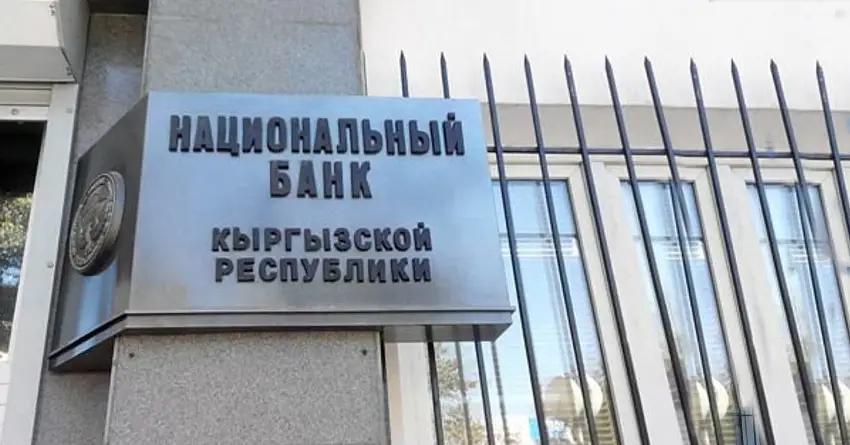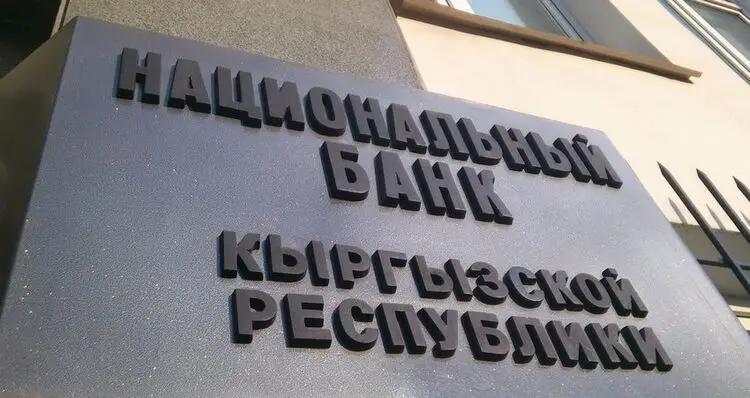
Published
07/29/2025, 10:20The National Bank of the Kyrgyz Republic raised its discount rate to 9.25%
On 28 July 2025, the Board of the National Bank of the Kyrgyz Republic decided to raise the discount rate (key rate) by 25 basis points to 9.25%. The decision comes into effect on 29 July 2025.
Inflation in Kyrgyzstan remains moderate. The inflation rate from the beginning of 2025 as of 18 July 2025 was 4.6%, and 8.7% in annual terms. The current price dynamics are due to temporary and seasonal factors, including the effect of the low statistical base of the corresponding period of the previous year. In the inflation structure, the largest price increases were observed in the food group due to seasonal and temporary factors, as well as against the backdrop of relatively high inflation in Kyrgyzstan's trading partner countries. In the non-food part of inflation, the main contribution was made by the adjustment of electricity prices as part of a planned tariff increase.
Economic conditions in Kyrgyzstan have not changed significantly. Economic activity remains high in the country, with domestic demand continuing to expand amid rising household incomes. There has also been an increase in investment in fixed capital, both through private financing and fiscal channels. In January–June 2025, real GDP growth was 11.7% (compared to the same period in 2024), mainly driven by growth in the services, construction and manufacturing sectors.
Monetary conditions are aimed at ensuring price stability in Kyrgyzstan within the established target range of 5–7% in the medium term. The monetary policy measures taken are helping to maintain stability in the interbank money market. Overall, the country's banking system continues to enjoy high liquidity in the national currency. In this context, the National Bank is conducting monetary operations to ensure a balanced level of money supply in the economy.
The situation on the foreign exchange market is stable, with the exchange rate remaining flexible amid market-driven balance between foreign currency supply and demand.
This year, the degree of uncertainty in the external economic environment has increased significantly against the backdrop of heightened geopolitical factors and changes in global trade policy, which is causing external inflationary factors and price volatility in global food and commodity markets. In regional terms, relatively high inflation continues in the countries that are trading partners. In these circumstances, taking into account the analysis of inflationary factors in the short and medium term, and considering that the National Bank's monetary policy is forward-looking, in order to maintain price stability in the country in the medium term, it is currently considered appropriate to raise the policy rate by 25 basis points to 9.25%.
The National Bank adheres to a balanced approach in conducting monetary policy and will continue to assess emerging external and internal inflationary factors. In the event of any risks to price stability, the National Bank does not rule out the possibility of adjusting its monetary policy.
The next scheduled meeting of the National Bank's Board on the size of the policy rate will take place on 25 August 2025.



